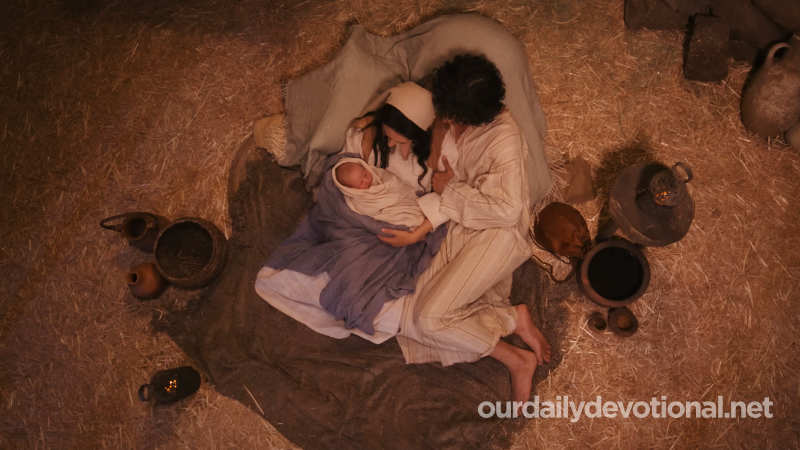It appears between Jeremiah and Ezekiel in Spanish Bibles; In the Hebrew canon it is found among the hagiographies (sacred writings) between Ruth and Ecclesiastes.
Chapters 1, 2, 4, and 5 of Lamentations have 22 verses each, while chapter 3 has three times this number, or 66.
In chapters 1, 2 and 4 each verse begins successively with each of the twenty-two letters of the Hebrew alphabet.
In chapter 3, the first three verses begin with the aleph; the next three for the bet, and so on. Chapter 5 does not present an acrostic form.
(a) Theme.
Theme of the five elegies: the capture and destruction of Jerusalem, the sufferings of all kinds endured by the defenders. The poet sings of the justice of Jehovah, and laments the iniquities of the nation, because the catastrophe is caused by the sins of the people, the false prophets and the priests.
The personification of the nation groaning over its tragic fate appears in numerous passages (Lm. 1: 9, 11-22; 2: 18-22); the prophet, representative of the community, speaks in the first person (Lam. 2:11; 3:1-51; and also vv 52-66). He calls his own to repentance; In the midst of the worst of tragedies, he wants to wait on Jehovah despite everything (Lm. 3: 21-33).
The final pathetic cry “because you have rejected us; "You have been very angry with us" (Lam. 5:22), receives a consoling response throughout Holy Scripture, through the coming and triumph of the Messiah, the liberator of Israel.
(b) Author.
This book, anonymous in the Jewish canon, is designated only by its first word: "How." The LXX attributes Lamentations to Jeremiah, an opinion followed in the Vulgate, the Targums, the Talmud, and tradition in general.
Modern criticism does not consider Jeremiah as the author of Lamentations, although it places them between the year 586 B.C. (the destruction of Jerusalem) and 538 (the return from Exile). This recognition of its writing in Jeremiah's time, together with the refusal to admit Jeremiah as the author, is inexplicable.
The arguments of criticism lack probability, and lead to total confusion as to the identity of the true author. On the contrary, throughout the book, the historical situation, the testimony of an eyewitness, as well as the style and vocabulary, all of this postulates the full paternity of Jeremiah.
He appears to have composed the Lamentations on the smoking ruins of Jerusalem, around 585 BC.
Meaning of LAMENTATIONS (Book)
It appears between Jeremiah and Ezekiel in Spanish Bibles; In the Hebrew canon it is found among the hagiographies (sacred writings) between Ruth and Ecclesiastes.







